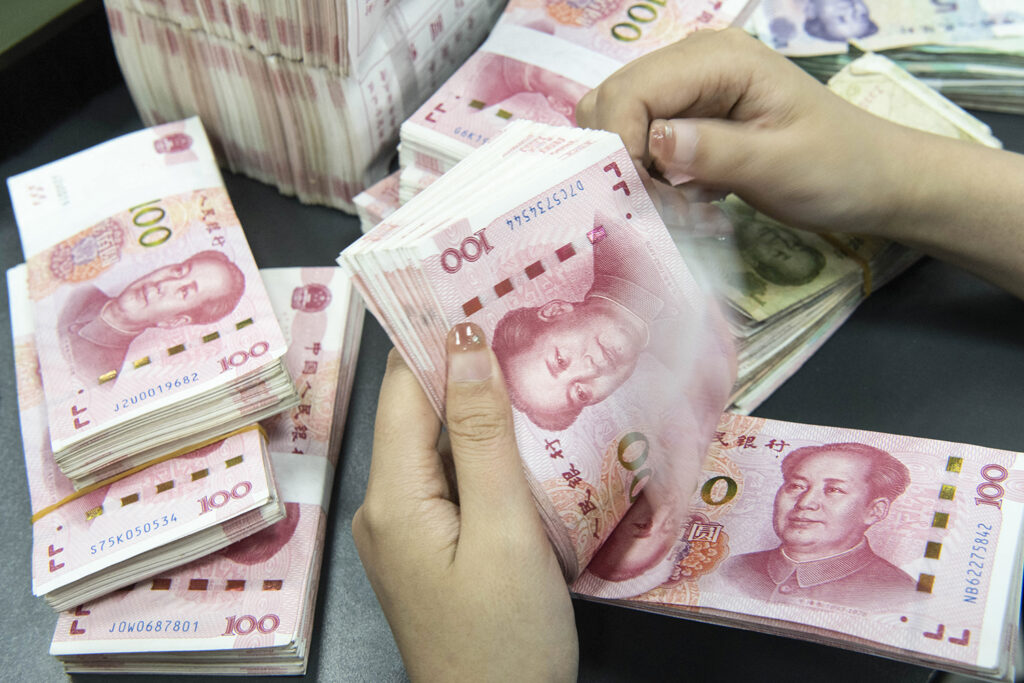Finance Experts Question China’s Strategy Amid Currency Depreciation
Currency Slide Amid Global Tensions
The yuan has dropped more than 3% against the U.S. dollar in seven weeks. Experts point to worsening China-U.S. relations as a key factor. Mark Williams, Chief Asia Economist at Capital Economics, links the yuan’s decline to a stronger U.S. dollar and reduced expectations for U.S. rate cuts. On November 15, the yuan closed at 7.23 to the dollar, down from 7.09 on election day. As the situation evolves, experts wonder if the yuan will continue to weaken until Trump’s presidency begins in 2025.

The Role of Export Strategy in Currency Depreciation
Some economists argue that China may allow the yuan to weaken intentionally. A lower yuan could offset the impact of U.S. tariffs. Trump has pledged to impose a 60% tariff on all Chinese goods. A cheaper yuan makes Chinese exports more affordable, mitigating the tariffs’ effects. This strategy, however, carries risks for China’s long-term economic stability. Although China holds $3.26 trillion in reserves, it is hesitant to use them to defend the yuan.
The Dilemma of Defending the Yuan
The People’s Bank of China (PBoC) faces a difficult decision in defending the yuan. Benn Steil, Senior Fellow at the Council on Foreign Relations, notes that while the PBoC can slow yuan depreciation, market forces will prevail. Despite interventions, the yuan may continue to weaken over the coming months. Steil explains that Trump’s tariffs and rising U.S. interest rates put additional pressure on China’s currency. China is cautious about using its reserves to stabilize the yuan, knowing it cannot prevent the inevitable long-term decline.
Risks of Capital Flight and Long-Term Economic Impact
Capital flight poses a major risk to China’s economy. As the yuan weakens, Chinese citizens may lose confidence and move their money abroad. This flight of capital would hurt China’s efforts to boost domestic consumption and stabilize the economy. Steil warns that capital outflows could undermine China’s economic ambitions. The yuan’s ongoing weakness could also discourage foreign investment and hinder China’s goal of internationalizing its currency. Goldman Sachs predicts the yuan will fall to 7.50 per dollar by the end of 2025.
Our Visitor






 Users Today : 14
Users Today : 14





